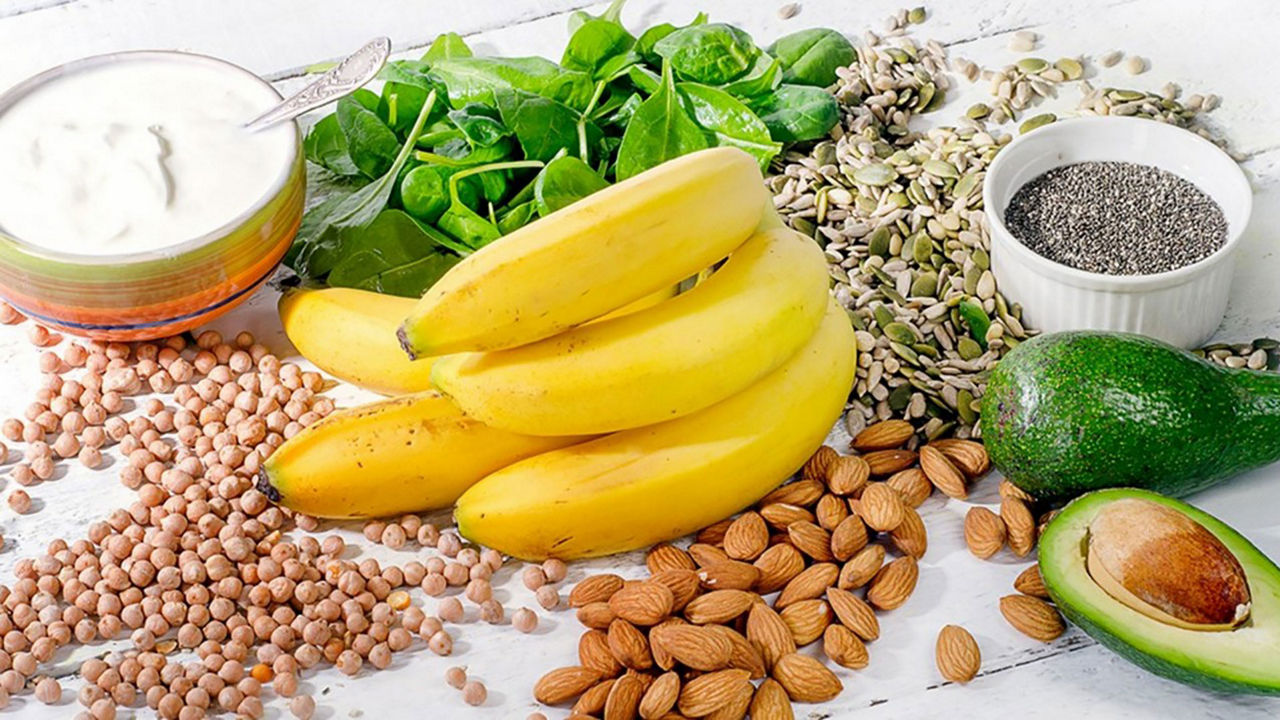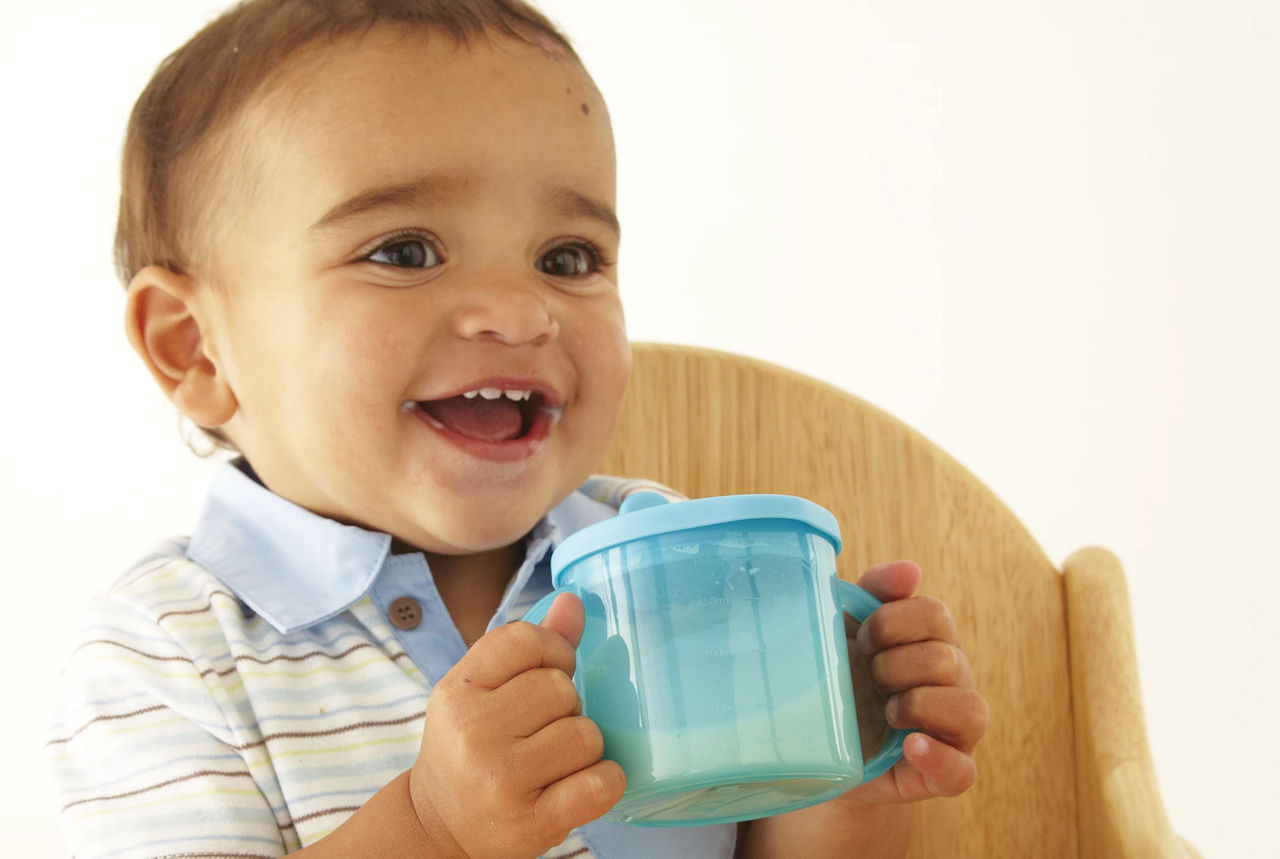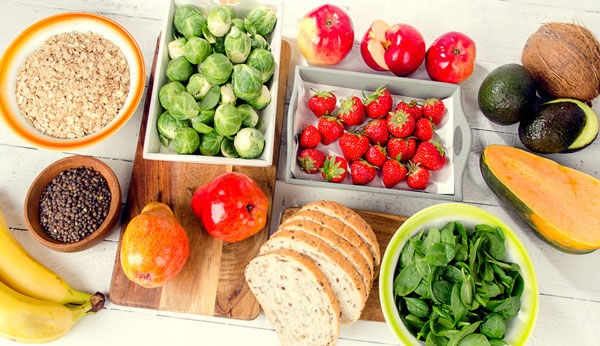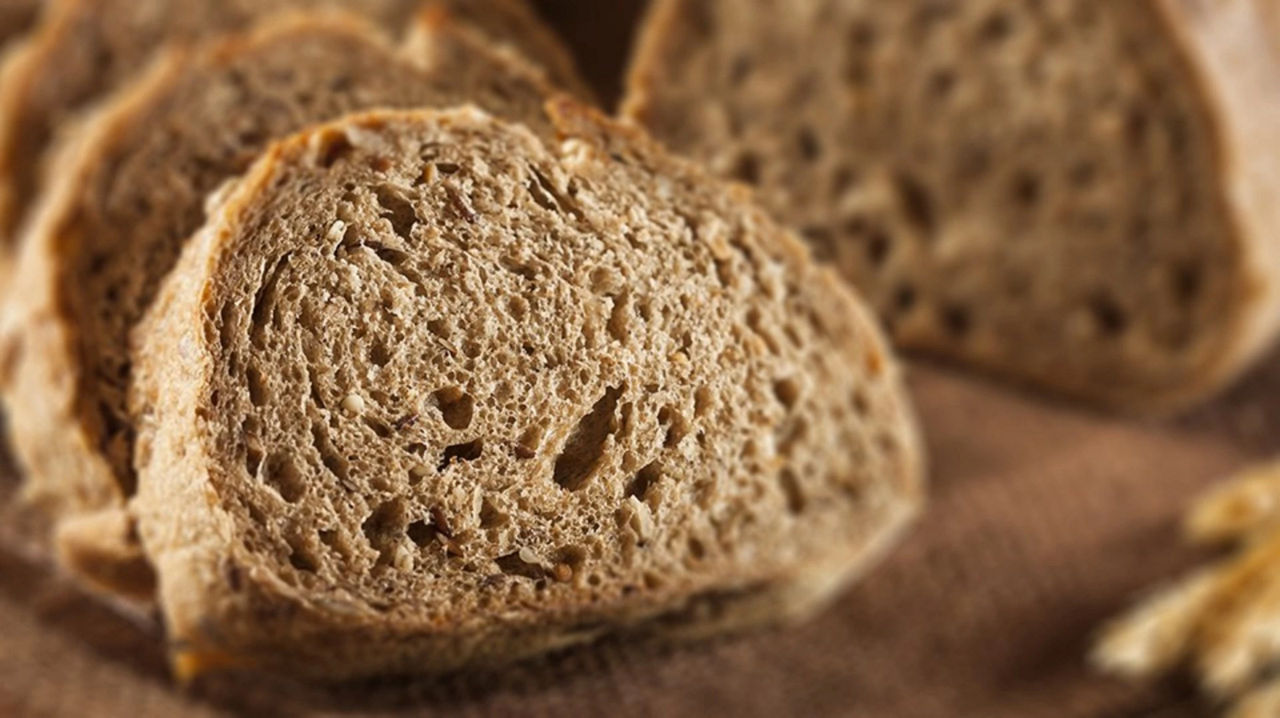Hello sunshine
The essential nutrient that's hard to come by
Vitamin D is essential for your toddler’s normal bone development and has other important functions in the body, such as supporting immune function. Generated by the body in response to sunlight, it is also available from a limited number of foods. However, it can be a challenge to get enough through diet and sunshine alone. Discover why supplementation is recommended, and what the risks are of not getting enough.






